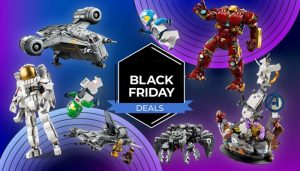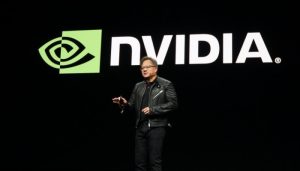Google faces public backlash for limiting transparency in antitrust trial.
2 min read
Media exclusion sparks criticism as judge approves closed-door evidence and testimony.
The pivotal antitrust trial, pitting the US Justice Department against Google, has entered its third week. The government alleges Google exploited its dominance to maintain a monopoly, impacting the tech sector and antitrust legislation. Yet, a significant portion of the proceedings has occurred privately, fueling outrage among transparency advocates and technology critics who accuse Google of concealing trial details.
Concerns about the trial’s lack of transparency are valid, notes Katherine Van Dyck from the American Economic Liberties Project. Government prosecutors depict Google as the de facto search engine, eliminating competitors unfairly, while Google’s legal team denies this, attributing dominance to consumer choice.
Judge Amit Mehta granted Google’s request to restrict public access, citing trade secret protection. Journalists, activists, and courtroom observers now shoulder the responsibility of disseminating trial information, increasing resources and costs.
Attorneys for Google and implicated companies like Apple advocate for confidentiality to protect competition. Many witnesses provide limited public testimony before moving to closed-door sessions, echoing Google’s internal practices.
Comparisons to the Microsoft antitrust case highlight the Google trial’s restricted access, hindering public interest. The government publicly presents internal documents showing Google’s intent to maintain a monopoly. The trial’s confidentiality mirrors Google’s internal practices, as evidenced by internal emails presented in court.
A recent ruling allows the Department of Justice to upload trial exhibits daily, with Google having until 9 pm to challenge public access. Advocates for transparency see this as another attempt by Google to maintain maximum confidentiality.
Google positions itself as a custodian of internet information but wants its activities concealed from public scrutiny,” remarks Van Dyck.



